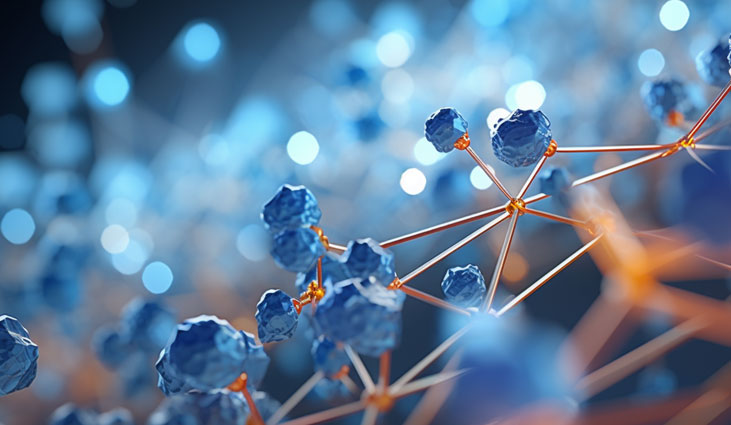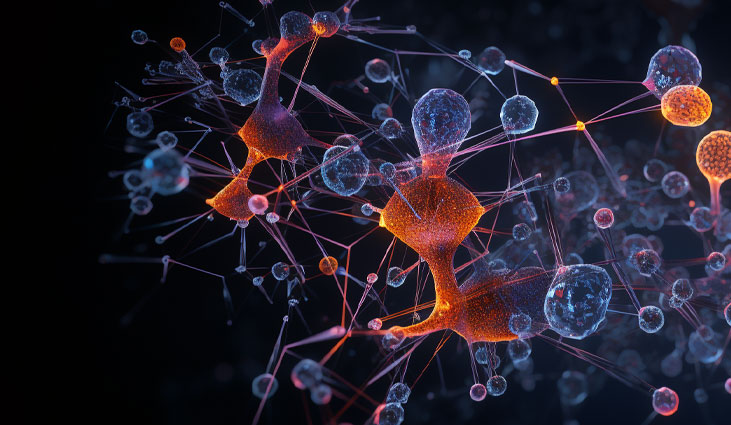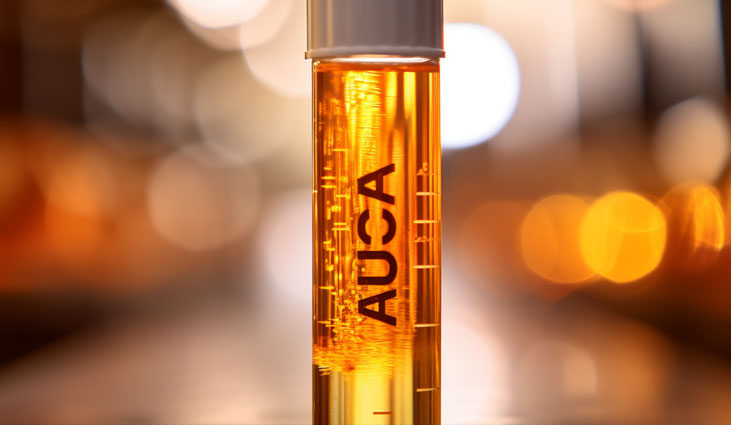What is life, but an intricate and beautiful reaction of molecules? Our bodies are bustling hives of metabolic processes, working tirelessly to keep us functioning. A pivotal player in these metabolic operations is the coenzyme Nicotinamide Adenine Dinucleotide (NAD). Its importance cannot be underestimated, and maybe more surprisingly, it might hold the key to unlocking the secrets of aging and longevity.
Understanding Nicotinamide Adenine Dinucleotide

A central character in cellular metabolism, Nicotinamide Adenine Dinucleotide, or NAD, exists in every single cell in our bodies. It’s a coenzyme, meaning it helps enzymes in their myriad biomolecular interactions. So, what is nicotinamide adenine dinucleotide? As an essential player in energy transfer, NAD has two primary forms, NAD+ and NADH. This reactive oxidized and reduced state contributes to the processes that manage cells’ energy.
NAD’s other role is acting as a substrate for various enzymes—proteins that speed up biological reactions. Enzymes relying on NAD influence several vital biological processes, including DNA repair, cell division, and cellular signaling.
Role of Nicotinamide Adenine Dinucleotide in the Human Body

The metabolic processes in the human body are a complex network of chemical reactions, and NAD plays a central role here. NAD works as a coenzyme aiding hundreds of enzymatic reactions and is fundamentally involved in vital functions like energy metabolism and maintaining cell health. Beyond facilitating metabolism, NAD also plays a part in cell signaling. For instance, NAD-dependent enzymes, like poly (ADP-ribose) polymerases and sirtuins, play vast roles in DNA damage repair and modulation of inflammatory processes. So, this little coenzyme’s responsibilities reach far and wide.
In the course of aging, the levels of NAD naturally decline in various tissues, impacting the capability to correct DNA damage or generate energy essential for health. Thus, preserving NAD levels is hypothesized to promote health and longevity. The existence of NAD has been long known, but the understanding of the breadth of its functions is continually growing and enlightening the scientific community.
Connection Between Nicotinamide Adenine Dinucleotide and Aging

As we age, NAD levels decline, which results in reduced mitochondrial function. This decrease is considered to contribute to several aging phenotypes like decreased energy production or diminished ability to respond to stressors. The decline in NAD levels with age also correlates with a multitude of age-related diseases, including metabolic disorders, neurodegenerative diseases, and impaired immune function, amongst others.
The interest in understanding the correlation between NAD and aging has led to many studies, mainly focusing on ways to boost NAD levels in the body. The notion is if you increase the levels, you might slow down the aging process and possibly help control age-related diseases. Despite the promise these notions hold, the realm of NAD, aging, and longevity still has a lot to discover. Yet, the research conducted so far certainly provides a beacon of hope.
Implications of Nicotinamide Adenine Dinucleotide Deficiency

NAD deficiency isn’t straightforward. It’s typically not a case of a ‘deficiency’ in the traditional sense. What we commonly see is a reduction in the levels of NAD as we age, potentially leading to a variety of health consequences. These lower NAD levels are associated with increased susceptibility to metabolic disease, neurodegenerative diseases, immune dysfunction, and decreased liveliness. While it’s a natural part of aging, many see this decrease’s potential reversal as a route to promote better health. Research into the implications of lower NAD levels has become a cornerstone in aging research, carrying hope for potential breakthroughs in the future.
As you can see, the study of NAD—and ways to increase its levels—could be paving the way to the future of health and longevity research, potentially equipping us with powerfully proactive tools to fight diseases and stay healthier for longer. Overall, nicotinamide adenine dinucleotide, as a coenzyme that resides in each cell, plays an indispensable role in our health and lifespan narrative. Its understanding and manipulation offer an exciting gateway to control our biological vulnerabilities, further enhancing our longevity and well-being.



